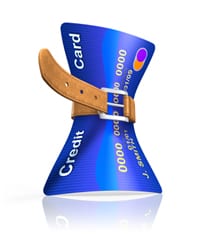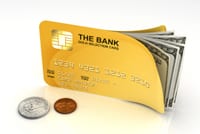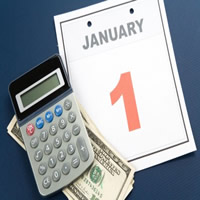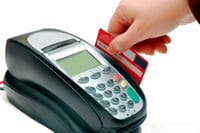 When should you use a credit card? I get asked this all time. There is no simple answer for everyone. Only you know what kind of spender you are.
When should you use a credit card? I get asked this all time. There is no simple answer for everyone. Only you know what kind of spender you are.
Here are some general guidelines:
You can charge anything within your monthly budget if you pay your credit card bill in full each and every month.
However, you should think twice before using your card if you are paying down your debt and are currently incurring interest on your credit card bill.
Some people feel that you should never use a credit card. I disagree. Credit cards can actually help you maintain a good credit rating if you stay within your means. And, some credit cards offer benefits like consumer protection. These benefits should come with the card at no cost, or minimal cost, to you. Here are some examples:
- American Express offers travel insurance at a minimal cost when you charge an airline ticket.
- Some credit cards offer purchase protection on lost or broken merchandise.
- Some credit cards offer an extended on purchases.
- Some offer insurance coverage on rental cars.
Know all the perks that come with your credit card, that can help you decide whether to make a purchase on credit. If you’re not sure what benefits your card offers, call them for details.

 Secured versus pre-paid credit – do you know what you’re getting? When I am giving a talk, I can see that many people don’t know the difference between them. Let me tell you the facts:
Secured versus pre-paid credit – do you know what you’re getting? When I am giving a talk, I can see that many people don’t know the difference between them. Let me tell you the facts: Question: Which financial institution created a credit card based on an urban legend?
Question: Which financial institution created a credit card based on an urban legend?



